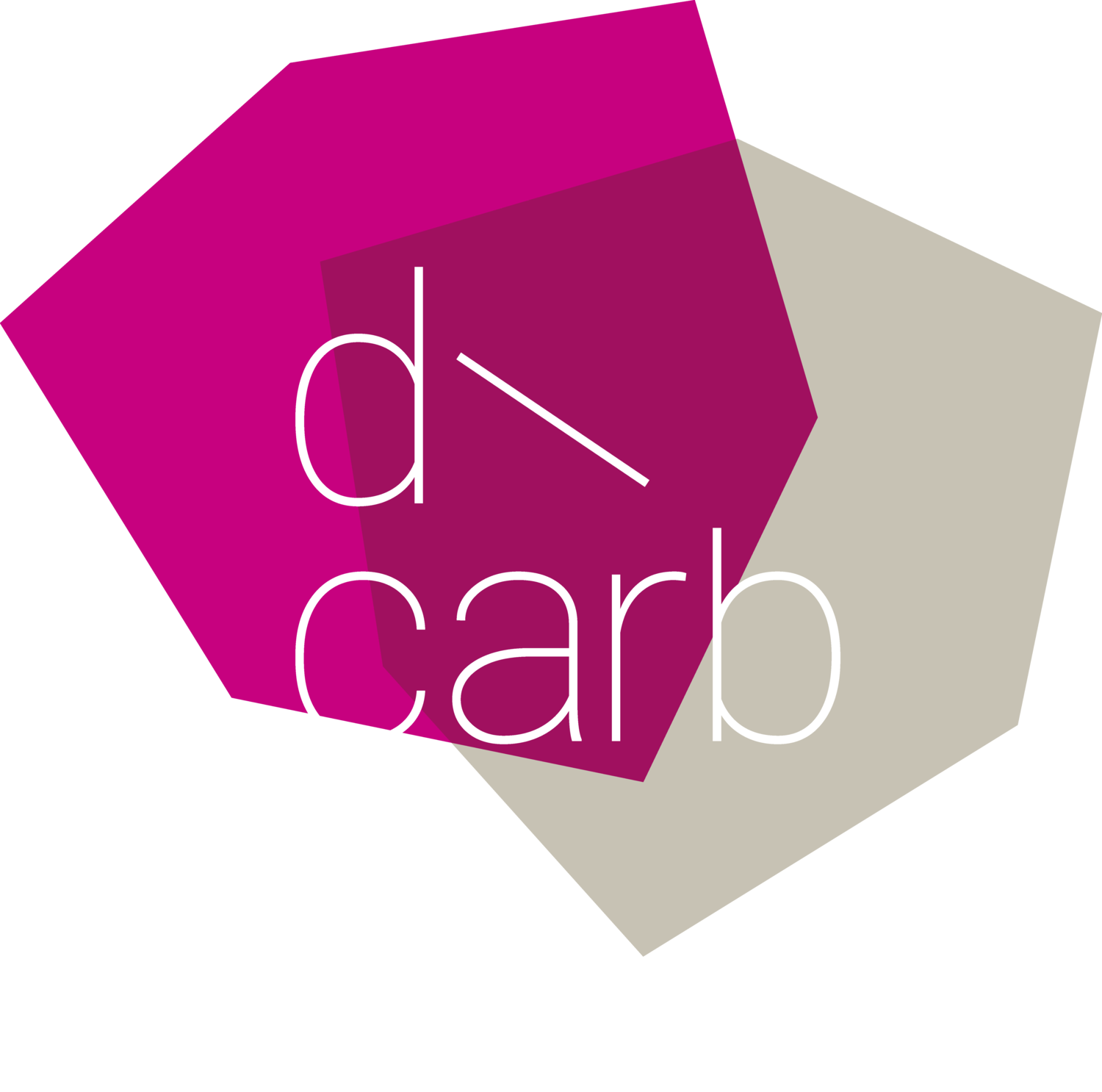Postgrowth and Degrowth: The (Im)possibility of Green Growth and its Alternatives
Prof. Susan Paulson: Decarbonization as a chance to decolonize, deracialize and degrow
Professor Paulson highlighted the "diametrical" differences between Green Growth and Degrowth in her vision for change. Green Growth addresses ecological problems with technological solutions. Central to this growthist worldview is a division between "humans" and "other nature". This operates together with other mental hierarchical binaries (e.g., men vs. women, white vs. non-white, owner vs. worker) that constitute power and identities in contemporary societies. Economic growth is a historically new phenomenon which is intertwined with European colonialism, biological racism, and sexism. Degrowth seeks to decolonize the economy from these historical sociocultural structures. Instead, it calls for reorienting the economy toward a global steady-state, away from capitalism, as has been the case for most of history. Because it challenges the binary paradigms and power structures, questioning growth experiences much resistance from people privileged by them.
Prof. Tim Jackson: Prosperity as health
Professor Jackson argued that "prosperity is as much to do with health as it is to do with wealth". As the pandemic has shown, population health is what matters most and should be the central goal for society and economy. This view departs from the capitalist priority on "expansion and trickle-down". A focus on health would shift the guiding principle of the economy away from more and more growth, towards balance (one can have too little food, but also consume too much). If health is the goal, the economy must be a care economy, which is incompatible and thus undermined by the incentive structure of today's capitalist economy. A care economy is also the greenest one, as it employs and benefits many people with a small ecological footprint.
Dr. Katherine Trebeck: Repurposing the economy to wellbeing
Dr. Trebeck argued that economic growth should no longer be seen as a goal of society in its own right (as in the triple bottom line framework, for example). Instead, she called for repurposing the economy to serve the wellbeing of society. In her idea of a wellbeing economy, growth has done its job globally, as we collectively have enough resources and it is to occur only when needed for higher-order goals. To get there, we don't need alternative measurements to GDP so much; we have enough data and alternative frameworks to measure wellbeing at national levels. What is needed now is a corresponding reorientation of policy regimes to redesign the economic system. Finally, the new measures of progress must be decided not academically or by the government, but bottom-up by citizens.
Three insights from the discussion with the audience
Getting people to degrow and consume less requires offering more fulfilling alternatives to consumerism with "less stuff and more joy" (Jackson) and "alternative hedonism" (Paulson).
The different streams (degrowth, post-growth, wellbeing economy) have much more in common than they differ on. All argue that the beliefs and dynamics inherent to our capitalist economic system prohibit a good life for all, and seek to deconstruct them.
There is no silver bullet policy for achieving a degrowth/postgrowth/wellbeing economy. However, there are many measures that can help to move closer to it, such as long-term government budgeting, abolishing GDP, reducing working hours, and community ownership of the commons.

